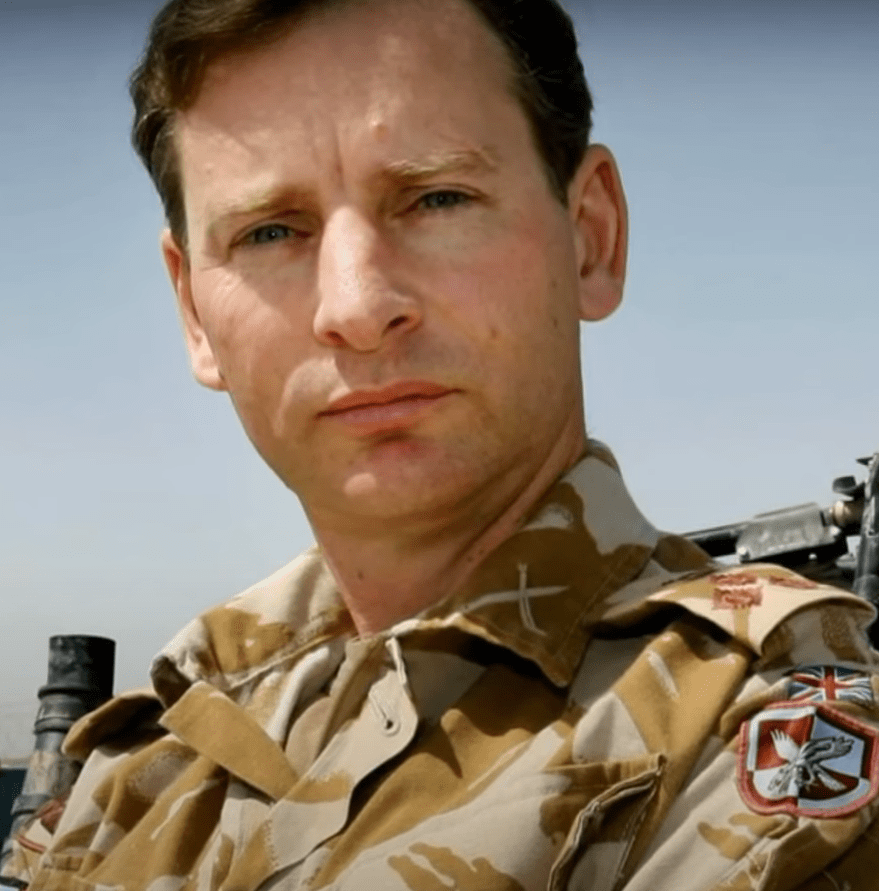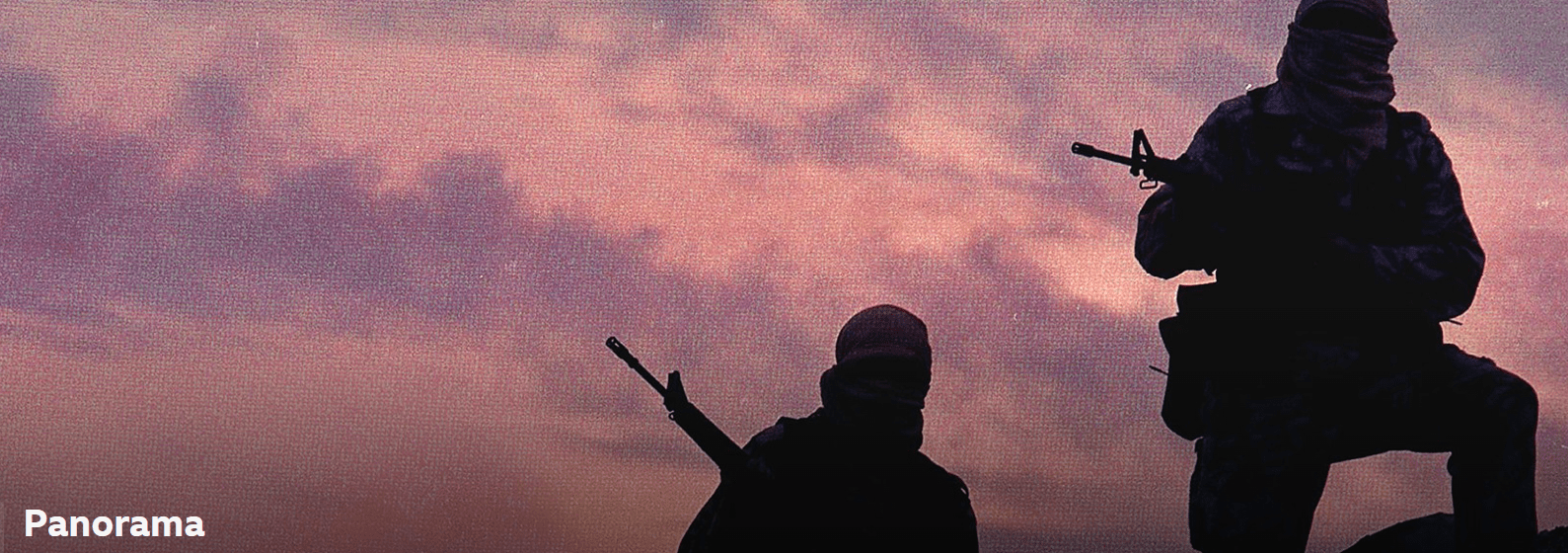By Mark Langabeer, Hastings and Rye Labour member
This week has seen a BBC programme exposing war crimes committed by British soldiers serving in Afghanistan, although there is no rush by the Tory government – ever so quick to condemn Russian war crimes in Ukraine – to investigate the accusations about the SAS.
A BBC Panorama special last week investigated allegations that British special forces perpetrated war crimes in Afghanistan, including killings of unarmed civilians in multiple cases. Panorama reporter, Richard Bilton, visited a number of villages near the base used by British forces, located in Helmand province. The area around the base was a stronghold of the Taliban and many of the deaths occurred in this district.
The programme showed film footage of Australian special forces raiding the homes of Afghans. Many suffered bite injuries, including children, from dogs used in searches, in some cases causing deaths.
Bilton interviewed a former Australian solder, who said that special forces had executed detainees who were tied up. This caused an outcry in Australia and an inquiry concluded that there had been 39 unlawful deaths. Bilton makes the point that the Australian special forces worked very closely with their US and British equivalents, although the UK Ministry of Defence has claimed that no British forces were involved in the allegations related to Australian troops.
The BBC programme makes the allegation that at least one squad of British SAS troops had taken part in the killing of civilians in Helmand. Bilton suggested that the killings were motived by a failure by the Army to secure many convictions. What became ‘normalised’ he suggested, was the killing of Afghans of fighting age.
Altogether, 455 British soldiers died in the conflict in Afghanistan, mainly from roadside bombs and improvised explosive devices. As a strategy supposedly aimed to find Taliban fighters and those who had planted bombs, SAS units would raid local villages looking for the perpetrators.
But there were always problems with ‘intelligence’ and the descriptions of suspected Taliban fighters and bombers were more often than not extremely vague. Any Afghan men of fighting age were given short shrift by the SAS soldiers – they were all ‘suspects’ – and reports were read out on the programme about suspects being killed after detention.
SAS reports of incidents were suspicious
There was a clear similarity in the reports written up after the death of detainees or civilians killed in their homes. If we were to believe these reports, on multiple occasions, Afghan men tried to whip out Kalashnikovs from behind their curtains, or sometimes produced hand grenades – sometimes even after having been detained. It was as if the reports were using some kind of pro forma to justify the killings, but they were all signed off by senior SAS commanders.

Richard Bilton interviewed a former member of the military police and even he described the reports by the SAS as suspicious. Altogether, the programme noted, over a period of only six months, 54 Afghans were killed in suspicious circumstances by one unit. But there were other SAS units in the area at that time as well, so we are not talking only about one ‘rogue’ unit.
In 2019, Panorama reported on an investigation that was closed down, claiming that there was no evidence of war crimes. There are reports that have been classified as secret. One former member of the military police pointed the finger at General Carlton-Smith, the former head of British special forces.
After the broadcast of the Panorama programme, the Ministry of Defence said in a statement that British forces in Afghanistan acted with ‘honour and professionalism’ throughout. Richard Bilton makes the point that although most may have done, this was not case with special forces, and he suggested that there was a need for a public inquiry along similar lines to that held in Australia. In my opinion, Labour must support an investigation and a public inquiry into the actions of the SAS and its senior commanders and there should be no cover up.
If even a part of these accusations are true, it goes a long way to explain the defeat of the British and American forces by the Taliban. Propping up appallingly corrupt governments (see article on corruption in Afghanistan) and being responsible for the killing of unarmed civilians isn’t exactly ‘winning hearts and minds’.
The Tory Government and mainstream media have reported endlessly about Russian war crimes in Ukraine and elsewhere. But it doesn’t justify war crimes in Ukraine to call for investigation of war crimes by British troops. What is sauce for the goose is sauce for the gander. Ordinary Russian workers are more likely to take British criticisms seriously if all war crimes are treated the same.
The Panorama Special is available on BBC i-player, here or on YouTube here.



